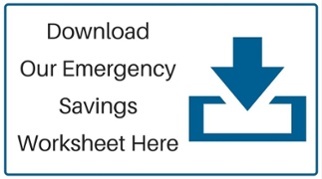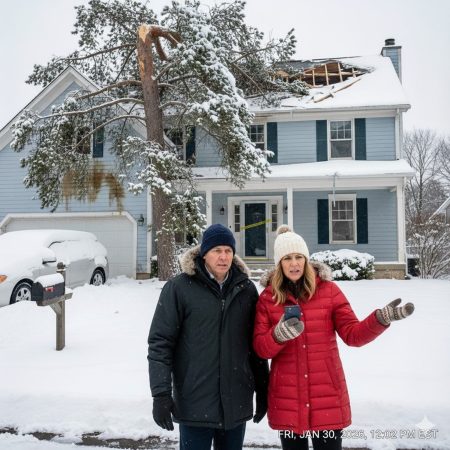One of the key pillars to financial wellness is building an ample emergency fund. We know
it: how easy it is to succumb to everyday temptations instead of putting more money away for a rainy day. We have some simple steps which you can implement today to help you build a cushion for when you need
- Break it Down – No one expects you to magically have a robust emergency fund overnight, and saving up to 6 months of living expenses can sound intimidating. By breaking it down and setting aside $5, $10, or $25 plus each week, you’ll find that building your emergency fund is much more manageable.
- Make it Automatic – Just as you have your retirement contributions automatically deposited into your retirement account, make your emergency savings automatic too. It’s easy to avoid spending the money when you don’t even see it from the beginning.
- Separate the Emergency from the Everyday Savings – Maintaining a savings accounts is great. However, be sure you differentiate between the money you are putting aside to save for that dream vacation or new house versus the money you are putting into your emergency fund. Ideally, you should have two different savings accounts: 1) one for emergency savings, and 2) another for goal savings, so that you can keep your different types of savings separate and visually see your financial strategy at work.
- Don’t Make it Too Easy to Pull the Money – The ideal emergency fund is accessible, but isn’t readily available for everyday use. While you want to be able to get to your emergency fund when you need it, you don’t want to make it too easy to spend the money unless it is an actual emergency. In theory, being able to easily transfer between your emergency savings account and your other accounts sounds like a great idea. However, it can also become very tempting to pull out that $25 here and $100 there for everyday purchases. Create a system that prevents this!
- Your Retirement Savings Does Not Count as an Emergency Fund – Some company-sponsored retirement plans allow participants to take out a loan from their retirement account. But don’t think that this means your retirement fund can work in lieu of an emergency savings account. One of the last places you want to pull money from when you have an emergency is your retirement plan. On top of the potential taxes and penalties associated with taking (and defaulting on) a loan, as well as the short repayment period, you could also be losing an exponential amount of growth within your retirement fund. Don’t borrow the money from your future self unless you absolutely must. Instead, prepare in advance to build an emergency fund for life’s unexpected (and usually unwanted) situations.

Read the full article here








